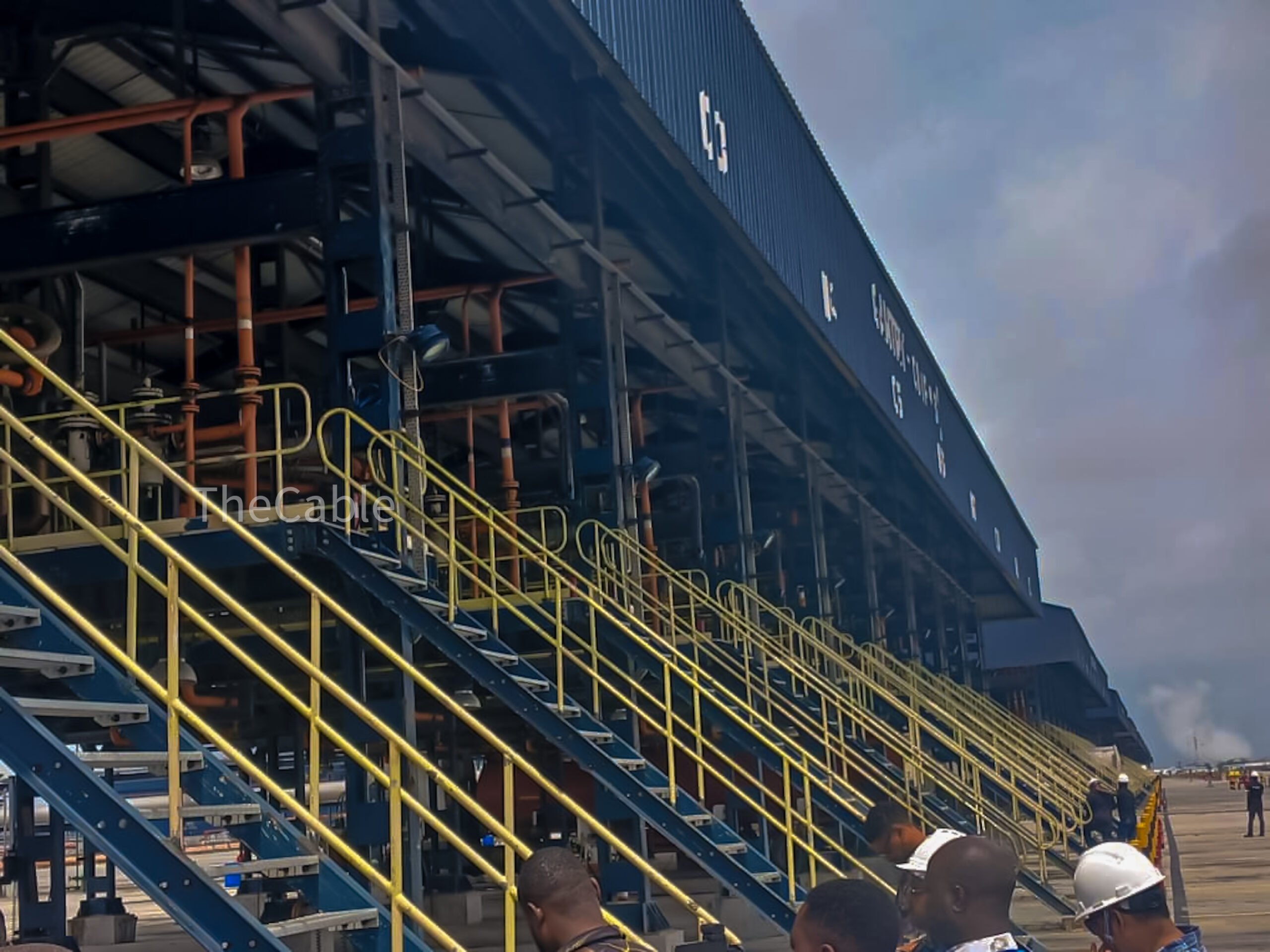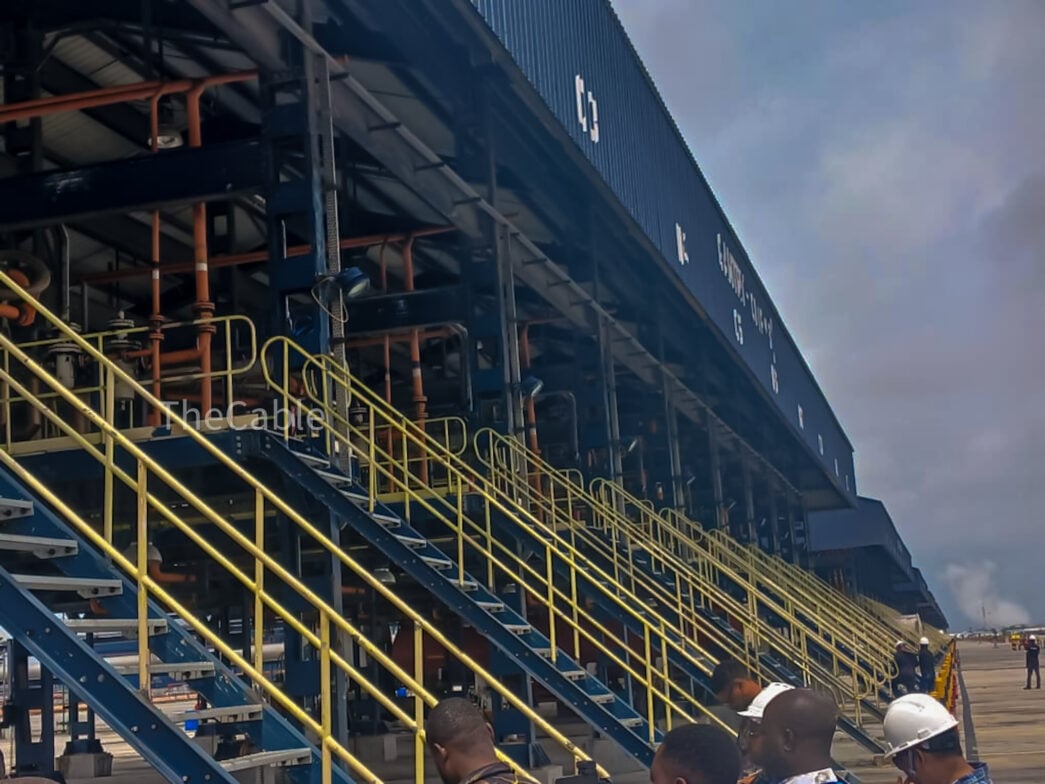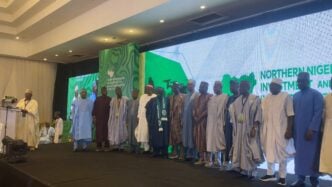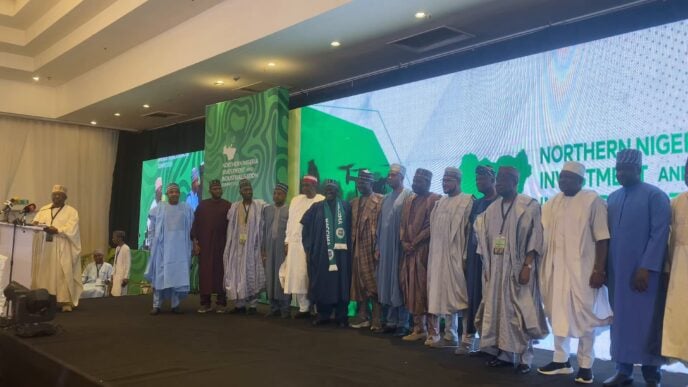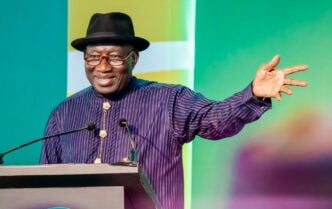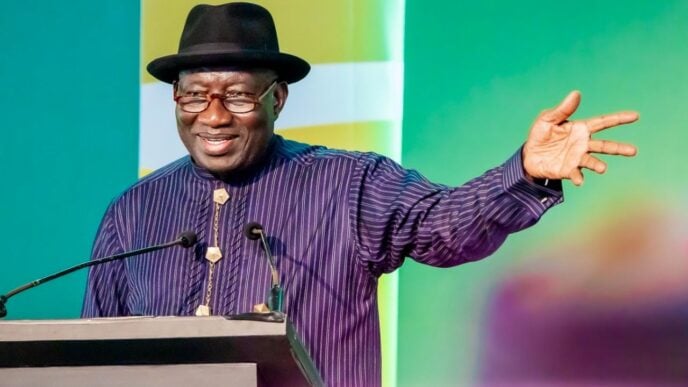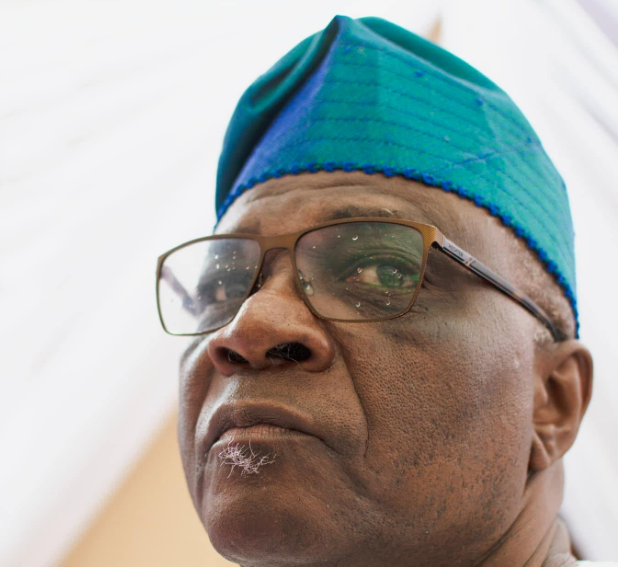BY MARTIN MANASSEH MWELFWANG
The Dangote Refinery in Lekki, Lagos, acclaimed as Africa’s largest single-train refinery, carries significant symbolism. Located within the Lekki Free Trade Zone, it embodies Nigeria’s gamble: that fiscal incentives and regulatory flexibility can attract private capital to achieve what decades of state-owned refineries could not.
But beneath the triumph lies a constitutional and policy dilemma: can enterprises within free trade zones be insulated from Nigeria’s labour laws, particularly the right of workers to unionise? This is not a marginal issue. The refinery is not just an industrial asset; it is a critical node in Nigeria’s economic sovereignty. If its operations are disrupted, the ripple effects will reach every filling station and factory in the country. Additionally, the answer will determine whether the free zone regime can sustain investor confidence without eroding constitutional fidelity.
Section 40 of the 1999 Constitution guarantees the right of every person to assemble freely and to form or belong to trade unions.^1 On its face, the provision is unequivocal. However, like all the Fundamental Rights in Chapter IV, it is subject to limitation. Section 45 allows laws that restrict these rights “in the interest of defence, public safety, public order, public morality or public health.”
Advertisement
This balancing clause is not decorative. It is why members of the armed forces, the police, customs, immigration, and other security services are lawfully barred from unionising under the Trade Unions Act. It is why employees of some other government agencies, such as the Central Bank of Nigeria, are similarly precluded by statute from unionising, justified by the need to protect monetary stability from disruption. These exclusions have withstood constitutional review because Section 45 allows proportionate restrictions in the public interest. The jurisprudential rationale is plain: where union activity in a sector could imperil national security or destabilise the economy, the state may lawfully impose restrictions.
The Nigeria Export Processing Zones Act (Cap N107 LFN 2004) and the Oil and Gas Export Free Zone Act (Cap O5 LFN 2004) were designed to alleviate fiscal and customs burdens by granting investors sweeping fiscal incentives, including exemption from customs duties, levies, taxes, and foreign exchange restrictions. Yet both Acts contain the same operative clause:
“Except as provided under this Act, an enactment applicable in a customs territory shall apply within the Zone.”
Advertisement
Labour law is not among the exempted categories, and so the laws do not abolish labour protections. Thus, unless the Minister, by published order, modifies their application, the Labour Act and Trade Unions Act remain fully operative within the zones. The constitutional presumption is continuity, not displacement.
Nigeria’s petroleum sector has long been hostage to muscular labour unions. The National Union of Petroleum and Natural Gas Workers (NUPENG) and the Petroleum and Natural Gas Senior Staff Association of Nigeria (PENGASSAN) have wielded strikes as weapons, paralysing distribution and shaking the state’s fiscal foundation.
For investors, the fear is straightforward: if fuel import dependency crippled Nigeria in the past, what happens if the country’s sole mega refinery is immobilised by strikes? The refinery is not just another enterprise; it is a critical artery in the economy’s circulatory system. What then is the way forward? How have other jurisdictions navigated through such a conundrum?
In the UAE, unions are completely banned. Workers in free trade zones may file grievances, but collective bargaining and strikes are prohibited. This ensures predictability for investors but empties labour rights of content. In the United States, trade zones are considered to be outside customs territory for tariff purposes, but labour law applies in full. The National Labour Relations Act protects workers, allowing them to unionise, strike, and bargain collectively. In Singapore, Free Zones operate under national labour law, but unions are integrated into a corporatist tripartite system where disputes are resolved institutionally. Strikes are rare. Unions are mandatory in China, but they must all affiliate with the state-controlled All-China Federation of Trade Unions (ACFTU), ensuring state dominance over labour representation.
Advertisement
Which way, Nigeria? Which route will best support the country’s path to greatness? Nigeria cannot follow Dubai’s ban without amending its constitution, nor adopt China’s authoritarian model without facing political upheaval. Its options are closer to the US and Singaporean approaches: acknowledging union rights but placing them within frameworks that manage their disruptive potential. An experience that is well experienced by all and sundry.
Available policy options that Nigeria might consider reconciling rights with stability could include various or hybrid strategies. The policy options should clarify how labour law applies. Can NEPZA and OGFZA issue official circulars confirming that labour statutes are applicable in free zones? Ambiguity weakens both investor confidence and worker trust.
Another approach would be to classify refining as an essential service. The national assembly could designate refining and fuel distribution as “essential services” under labour law, requiring compulsory arbitration, a reasonable notice period before strikes and continuity of minimum services during strikes, or simply mirror the statutory carve-outs already applied to the armed forces and other essential public agencies, as the maximum.
Borrowing from Singapore, the government can institutionalise tripartite dialogue by creating permanent platforms where employers, unions, and regulators negotiate rules of engagement for strategic sectors. I doubt if this can be feasible in Nigeria. As an alternative approach, the National Industrial Court could be leveraged to fast-track dispute resolution with special jurisdiction to prioritise free zone labour disputes; embedded mediation centres could intercept crises before escalation.
Advertisement
Recently, on X (formerly Twitter), Temitope Ajayi (@TheTope_Ajayi), political actor and senior special assistant to the president on media and publicity, highlighted Senator Adams Oshiomhole’s intervention in the Dangote Refinery–PENGASSAN impasse. Oshiomhole, himself a former president of the Nigeria Labour Congress (NLC), argued that “there must be a business and an employer first before any employee can think of a union.”
He further cautioned that a venture of the scale of the Dangote Refinery, still contending with multiple operational challenges, deserves a period of stability before unionisation pressures are introduced. In his view, PENGASSAN’s approach ought to have been more strategic, avoiding actions that could inflict needless damage on both the national economy and a private enterprise that has already become a game-changer in Nigeria’s industrial landscape. His submission merits consideration.
Advertisement
Nigeria must therefore find the right balance between rights, responsibilities, and industrial legitimacy. The country’s industrial future cannot rely solely on fiscal incentives. Free zones were designed for free trade, not to enslave labour. But neither can workers’ rights be exercised without responsibility in sectors where disruption imperils the entire economy.
The precedents set by the armed forces and others demonstrate that constitutional rights can be lawfully restricted in the public interest. The Dangote Refinery presents a parallel challenge. Nigeria should not aim to crush unions, but it must regulate their operations in strategic industries through clarity, regulation, and institutional innovation.
Advertisement
If the Lekki refinery operates smoothly without ongoing disruptions, it will do more than embody Africa’s industrial ambitions. It will serve as evidence that Nigeria can industrialise without compromising its constitutional values or economic stability.
Martin Manasseh Mwelfwang, Esq., is a technology and public policy expert and an internationally trained lawyer. He can be contacted via [email protected]
Advertisement
Views expressed by contributors are strictly personal and not of TheCable.
